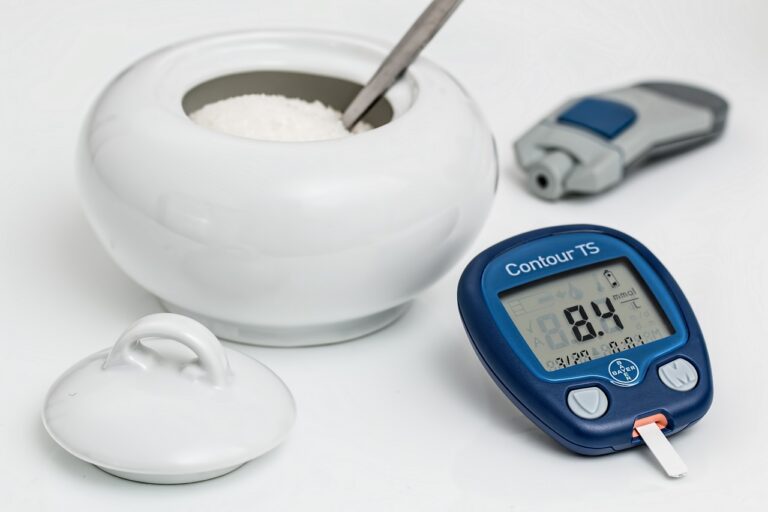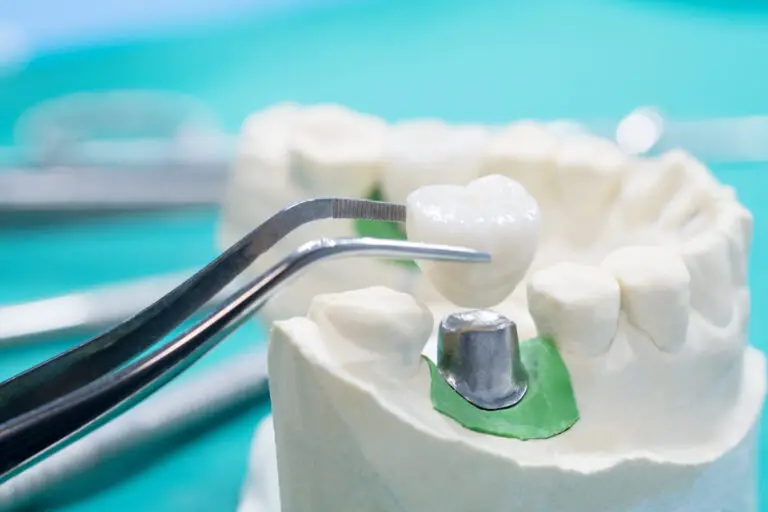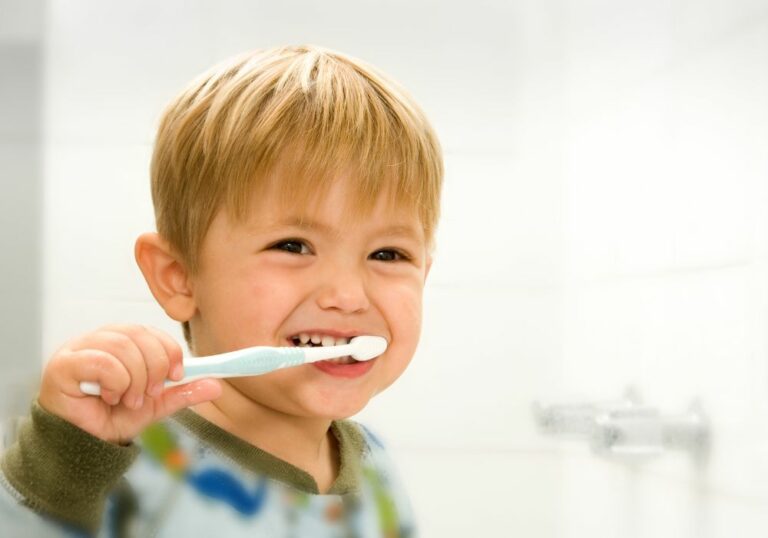Wisdom teeth, also known as third molars, are located at the very back of the mouth and are the last set of molars to emerge, typically between ages 17 to 25. Wisdom teeth often partially erupt at an angle or remain horizontally impacted under the gums. This makes them very difficult to reach and clean properly. As a result, wisdom teeth are notorious for harboring bacteria, food debris, and infections that cause a foul, rotten odor. But what exactly leads to that dreaded wisdom tooth smell? There are several key factors involved.
Key Causes of Foul Wisdom Tooth Odor
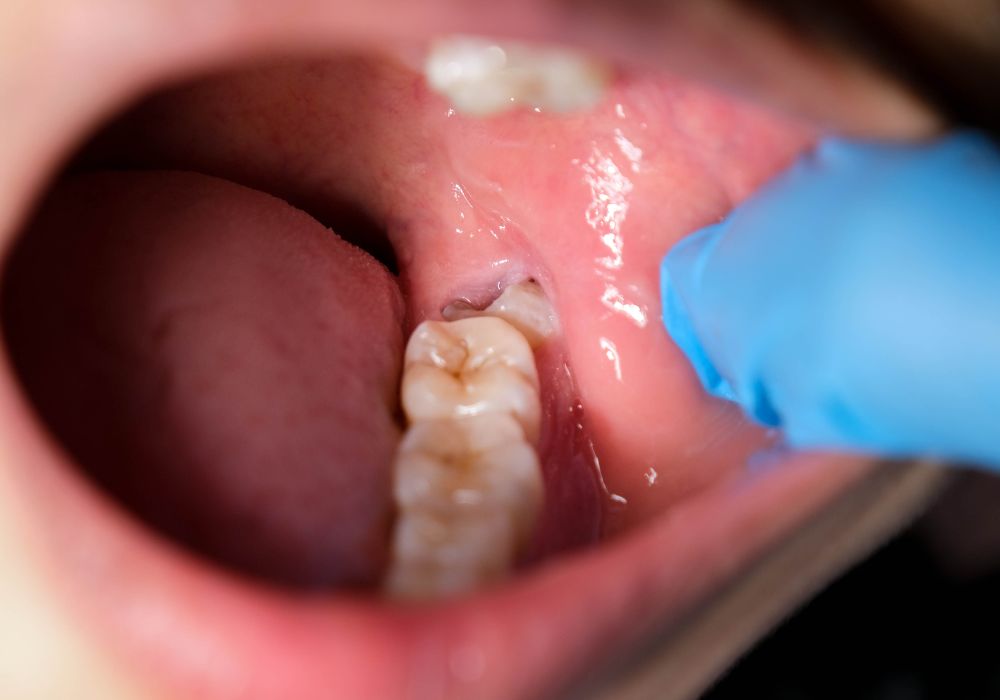
Trapped Food Debris and Bacteria
The prime cause of bad wisdom tooth odor is food particles trapped around the teeth, especially underneath the gumline and overlapping gum tissue. Wisdom teeth are situated in hard-to-access corners of the mouth and have grooves that easily collect food debris after eating.
These trapped food particles provide the ideal breeding ground for oral bacteria to thrive. Hundreds of bacterial species reside in the oral microbiome, including notorious odor-producers like Porphyromonas gingivalis, Fusobacterium nucleatum, and Prevotella intermedia. Anaerobic bacteria that thrive in low-oxygen environments are especially abundant around wisdom teeth.
As the bacteria rapidly multiply, they break down the food particles and release volatile sulfur compounds (VSCs) that produce foul odors. The deeper below the gumline that debris gets lodged around wisdom teeth, the more severe the odor.
Some of the most common VSCs involved are:
- Hydrogen sulfide – rotten egg smell
- Methyl mercaptan – rotting cabbage smell
- Dimethyl sulfide – garlic-like smell
- Cadaverine – decaying flesh smell
Gum Disease
Gum disease, known as periodontitis, is a leading cause of persistent bad breath from many areas of the mouth, including wisdom teeth. Gum disease occurs when plaque builds up due to poor oral hygiene. The bacterial plaque spreads under the gumline and begins eroding the tissues that support the teeth.
As gum disease advances, it creates infected pockets around teeth that fill with even more bacteria, dead cells, and debris. The infected gum tissue itself emits a very foul, fishy odor.
Gum disease also exposes more tooth surface and releases foul-smelling VSCs from deeper regions of the mouth. Wisdom teeth are especially susceptible to severe gum disease due to their difficult positioning.
Pericoronitis
Pericoronitis refers to an infection of the soft tissues surrounding a partially erupted wisdom tooth. Wisdom teeth often become partially stuck under gum tissue overlaying the crown.
This gum flap provides the perfect trap for food, bacteria, and dead cells to accumulate and breed infection. Persistent pericoronitis emits a powerfully foul odor from the rotting infected tissue around impacted wisdom teeth.
Dead Teeth
Untreated dental cavities and advanced periodontal disease can lead to pulp death and necrosis of wisdom teeth. The infected pulp tissue inside the tooth breaks down and produces extremely foul smells.
Necrotic wisdom teeth may emit a mix of putrid odors like:
- Rotting meat smell from cadaverine and putrescine
- Rotten egg smell from hydrogen sulfide
- Fishy, amine odor from decaying tissue proteins
This severe rotten odor persists until the dead wisdom tooth is properly treated or extracted.
| Type of Wisdom Tooth Issue | Contributing Bacteria | Smell Description |
|---|---|---|
| Trapped Food Debris | Porphyromonas, Fusobacterium, Prevotella | Putrid, sulfur odors |
| Gum Disease | Actinomyces, Porphyromonas | Fishy odor |
| Pericoronitis | Anaerobic Gram negatives | Rotten meat smell |
| Pulp Necrosis | Mixed microbes | Rotten egg, cadaverine smells |
Other Contributing Factors
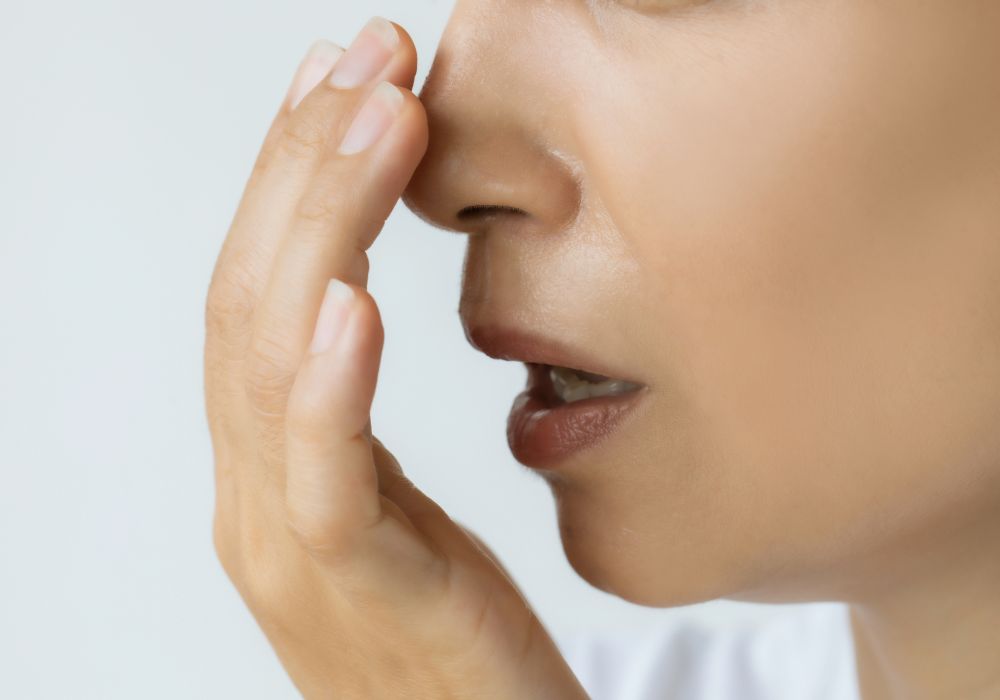
While trapped food, infections, and dead teeth are the main sources of foul wisdom tooth odor, there are a number of other factors that can make the problem worse:
Smoking
Smoking, especially heavy smoking, significantly exacerbates bad breath from wisdom teeth due to:
- Drying effect – Reduces saliva flow to wash away bacteria
- Temperature change – Alters oral microbiome
- Gum disease – Smoking increases risk of periodontitis
Poor Oral Hygiene
Insufficient daily brushing and flossing allows plaque and bacteria buildup around wisdom teeth. Soft debris accumulates in hard-to-reach zones. This provides the ideal smelly environment.
Dry Mouth
Saliva helps wash away oral bacteria and food debris. Reduced saliva flow from medications, illness, or mouth breathing allows more bacteria accumulation and increases wisdom tooth odor.
Systemic Diseases
Certain illnesses like diabetes and immunodeficiencies increase susceptibility to gum disease, infection, and dental decay around wisdom teeth. This worsens odor.
Medications
Some medications like antidepressants, diuretics, antihistamines, and opioids reduce saliva flow. This decreases the mouth’s ability to wash away odor-causing debris.
Treating Bad Wisdom Tooth Smells
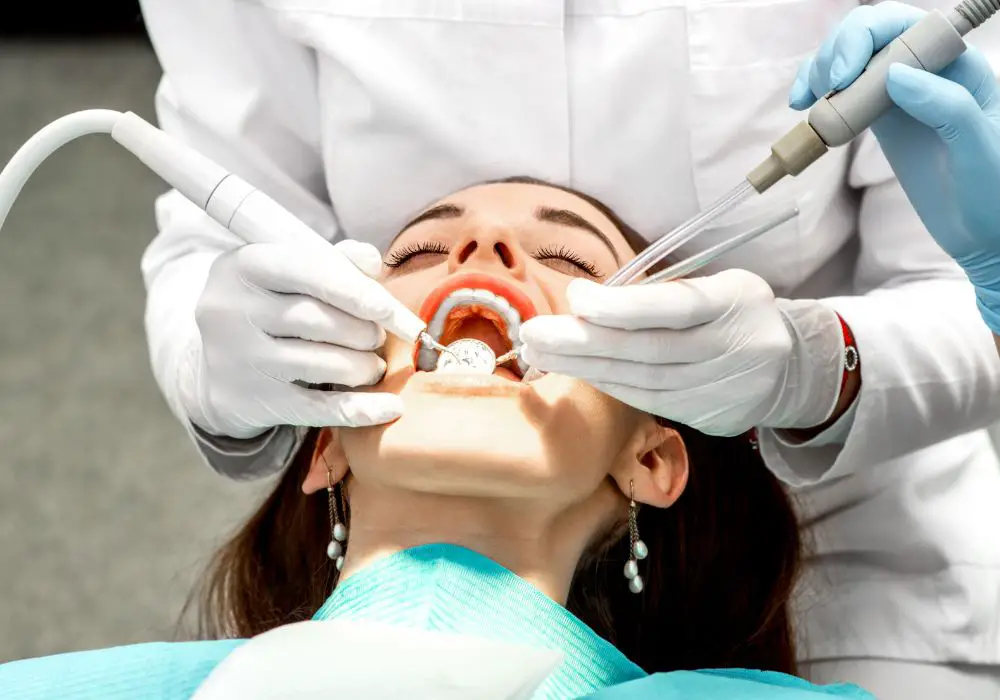
If you notice persistent foul odors coming from your wisdom tooth region, here are some effective treatment approaches:
Oral Hygiene
- Brush and floss thoroughly after meals to clear food debris and disrupt the bacterial biofilm, especially around back molars.
- Use interdental picks and irrigators to dislodge debris from below gumline and between teeth.
- Swish daily with antimicrobial mouthwashes containing cetylpyridinium chloride or chlorhexidine to reduce VSC-releasing bacteria around wisdom teeth.
Professional Cleaning
- Get frequent professional dental cleanings every 3-6 months to remove plaque below the gumline and clear trapped debris around wisdom teeth.
- Periodontal maintenance therapy helps treat active gum disease and prevent further progression.
Wisdom Tooth Removal
- Extracting problematic wisdom teeth fully eliminates odor from impacted teeth with infections or necrosis.
- Removing gum flaps through coronectomy stops food/bacteria entrapment that causes pericoronitis odors.
Lifestyle Changes
- Quit smoking and avoid smokeless tobacco, which worsen wisdom tooth smells.
- Drink plenty of water to promote saliva flow.
- Limit sugary and acidic drinks and foods, which feed odor-causing bacteria.
- Practice proper oral hygiene habits like brushing twice a day and flossing daily.
Frequently Asked Questions About Wisdom Tooth Odor
Can I get rid of wisdom tooth smell without removing them?
It may be possible to successfully treat bad wisdom tooth odor without extraction if the source of the odor is related to maintained wisdom teeth. With good oral hygiene, professional cleanings, and treatment of gum disease, odors can be reduced. But smelled related to impacted, infected, or necrotic wisdom teeth will likely persist without removal.
How long does wisdom tooth smell last after removal?
Most patients notice bad wisdom tooth odor resolves within 1-2 weeks after extraction as the sockets heal and tissue shrinks back. However, it can take up to 2-3 months for gum pockets around wisdom teeth to fully heal. Some occasional bad breath is normal during the healing process. Proper oral care helps minimize this.
Can wisdom tooth removal cause bad breath?
Wisdom tooth extraction sites can emit a mild bad smell for a week or two after surgery as the wounds heal. This is due to compounds released during the inflammatory process. But this post-operative odor is minor and fades quickly with saltwater rinses. Any pre-existing wisdom tooth smells from infections or necrosis will improve.
Does wisdom tooth removal stop bad breath permanently?
Wisdom tooth extraction can permanently eliminate odors originating from impacted, infected, or dying wisdom teeth. However, it doesn’t treat other oral hygiene issues like gum disease. Persistent bad breath may return over time if good oral care habits are not maintained.
Should I get all 4 wisdom teeth removed to stop smell?
Odor coming from a single problematic wisdom tooth can often be resolved just by extracting that tooth. But if gum disease is advanced or you have multiple impacted wisdom teeth, removing all 4 third molars may provide the best long-term relief from foul smells. Your dentist can advise if total extraction is warranted.
Conclusion
In summary, wisdom tooth odor is most commonly caused by a combination of food entrapment, gum infections, and excessive bacteria around wisdom teeth. Treating these issues through diligent oral hygiene, professional cleanings, antimicrobial rinses, and wisdom tooth removal when necessary can successfully eliminate foul wisdom tooth smells. With proper daily care and prompt treatment, you can keep your breath fresh even with those pesky third molars.

